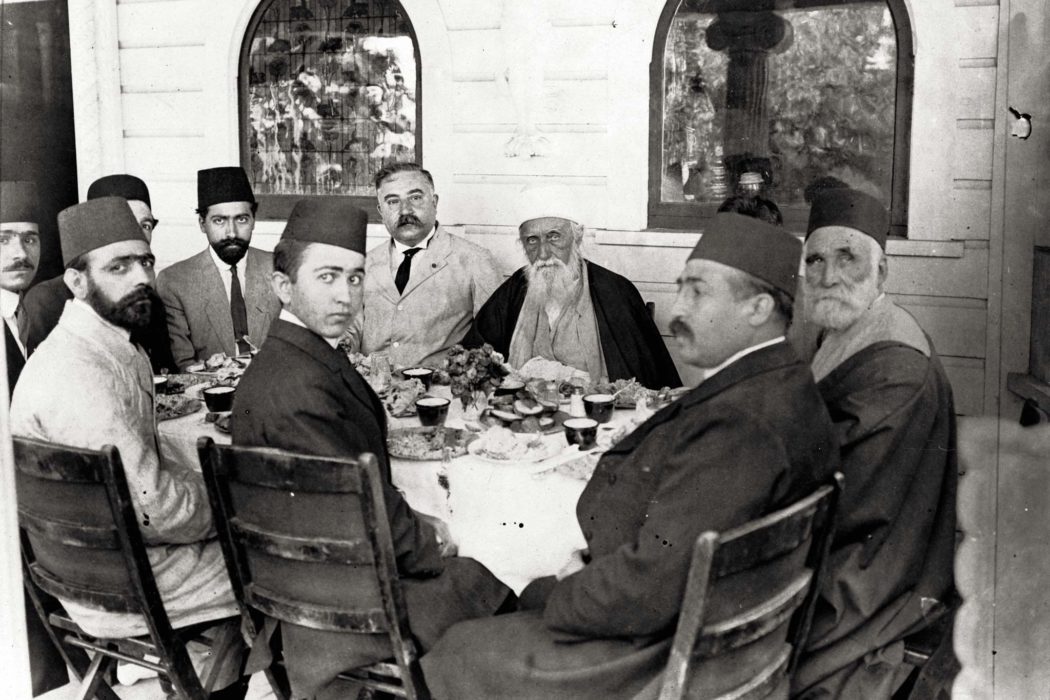HE WOULD REFUSE TO dine unless entirely satisfied with the arrangements. In July, 1910, at the Hotel Astor, he noticed that a place had been set for the Turkish Ambassador among the guests of honor, but not for himself. He considered it an “affront to the Shah of Persia” and promptly left. Mr. Haozoun Hohannes Topakyan was the Persian Consul of New York and the Shah’s representative.
It wasn’t the first time he had been disappointed with America’s hospitality. When a burglar entered his house in April 1911, he and his brother-in-law had to capture the man, tie him up, and take him to the police station themselves, after being told by the Morristown police that his house lay just outside their jurisdiction.
As a young man Topakyan made a business trip to the United States and fell in love with the country. So much so, that he decided to move there and start a business importing Turkish, Persian, and Indian rugs. Before he became the Consul-General, Topakyan had organized the Persian exhibition at the Chicago World’s Fair. He reproduced the Shah’s palace, displaying the lavish lifestyle of the Persian royal family and the finest Persian rugs, silks, metals, and jewelry.
Topakyan first met ‘Abdu’l-Bahá at a meeting of the New York Peace Society on May 13, 1912, where ‘Abdu’l-Bahá shared the stage with Rabbi Stephen Wise and Percy Stickney Grant. He had called ‘Abdu’l-Bahá “the Glory of Persia,” a notable remark seeing as how Topakyan represented the country responsible for much of the suffering of ‘Abdu’l-Bahá and his family.

On Sunday, June 30, 1912, ‘Abdu’l-Bahá traveled by car through the countryside to Morristown, New Jersey. Mr. Topakyan had invited him and his attendants for a barbecue. The consul sported a Western suit with a jacket that draped past his belly. He didn’t wear a fez, unlike the Persians who joined him, but kept an imperial mustache that curled slightly upwards. He was known for his “Oriental barbecues,” as The New York Times called them, at which an entire lamb was roasted and served on a bronze and gold table.
Mr. Topakyan was gracious when he thought it was warranted. On June 30 he refused to sit without ‘Abdu’l-Bahá’s permission. Topakyan had invited several reporters to come and speak with ‘Abdu’l-Bahá. After they had eaten lunch, a photographer came and took ‘Abdu’l-Bahá’s picture.
‘Abdu’l-Bahá met with Mr. Topakyan on several more occasions, and kept in touch with him for years after he left America. One of his letters reads: “I will pray for you and Madame so that the Doors of the Kingdom of God, be always open before your faces and the Infinite Divine bestowals may descend upon you uninterruptedly so that according to the statement of Christ you may be of those who are chosen and not of those who are called.”






